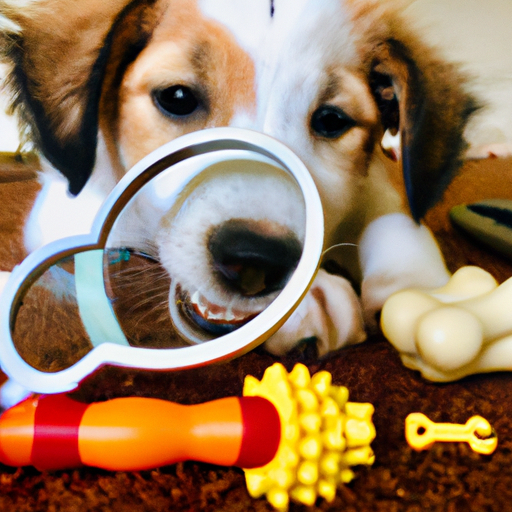You, as a caregiver, have probably noticed the little teeth marks on your shoes or furniture as your puppy explores their world. You know it’s a normal part of their development, but you might be wondering – when do dogs adult teeth come in?
Understanding Your Dog’s Teeth and Their Function
Your puppy is born without any teeth. At about 2-4 weeks of age, their baby teeth start to come in. These are also known as deciduous or milk teeth. They are sharp and pointy, perfect for a diet of mother’s milk and soft puppy food.
But when do dogs adult teeth come in? You might be surprised to learn that your puppy will start losing their baby teeth and getting their adult teeth as early as 3 to 4 months old. This process usually finishes by the time they’re about 6-7 months old.
| Age | Teeth Development |
|---|---|
| Birth to 2 weeks | No teeth |
| 2-4 weeks | Baby teeth start to come in |
| 3-4 months | Start losing baby teeth, adult teeth begin to come in |
| 6-7 months | Most adult teeth are in |
The Teething Process: What to Expect
As a caregiver, it’s essential to understand what the teething process entails. As their adult teeth come in, your puppy might experience discomfort and the urge to chew more than usual. They might lose appetite, drool more, and show signs of discomfort. Remember, it’s a completely normal part of their growth and development.
- Increased chewing
- Loss of appetite
- More drooling
- Signs of discomfort
How to Help Your Teething Puppy
You may be wondering how you can help ease your puppy’s discomfort during this stage. Here are a few tips:
- Provide chew toys: These can help relieve the pressure they’re feeling in their gums.
- Use frozen treats: Ice cubes or frozen puppy treats can soothe their sore gums.
- Monitor their diet: Soft foods might be easier for them to eat during this time.
Spotting Potential Dental Problems
It’s important to keep an eye out for potential dental problems as your puppy’s adult teeth come in. If your puppy seems to be in extreme discomfort, or if their adult teeth aren’t coming in properly, it’s a good idea to consult with a vet.
Frequently Asked Questions (FAQs)
Q: At what age do dogs begin teething?
A: Dogs usually begin teething around 3 to 4 months old.
Q: How long does the teething process last?
A: The teething process generally lasts until they’re about 6-7 months old.
Q: What are some signs my dog might be teething?
A: Increased chewing, loss of appetite, and more drooling are common signs.
Q: How can I help my teething puppy?
A: Providing chew toys, using frozen treats, and monitoring their diet can help.
Q: What should I do if I think there’s a problem with my puppy’s teeth?
A: If you’re concerned, consult with a vet. They can provide expert advice and treatment options.
Understanding when dogs adult teeth come in and what to expect during the process can help you provide the best care for your furry friend. Remember, each dog is unique, so their teething process might not follow the exact timeline or manifest in the exact same way as others. Always consult with a vet if you have concerns about your puppy’s dental health.



